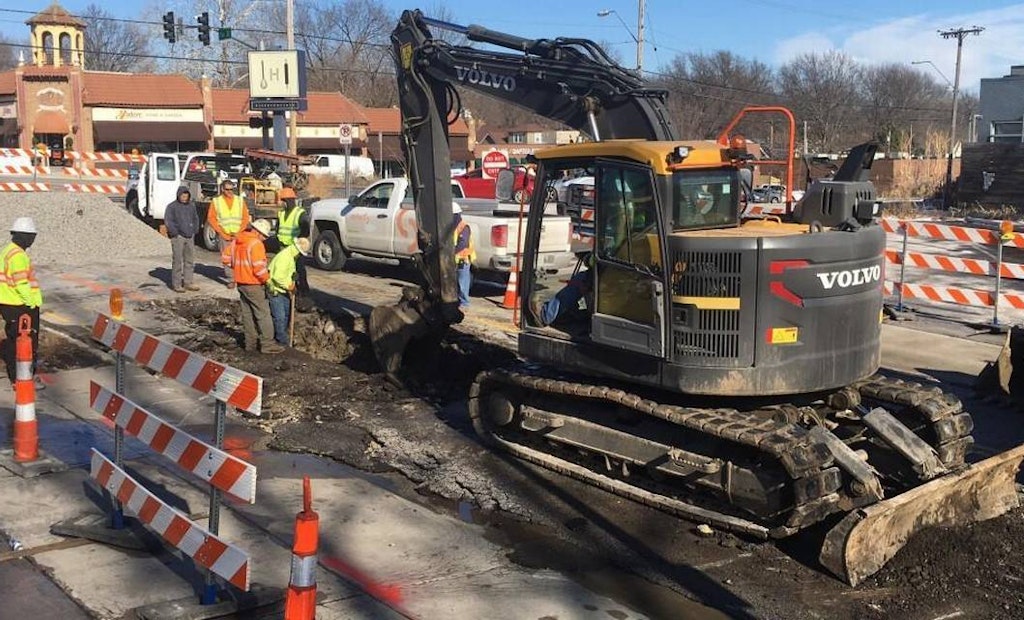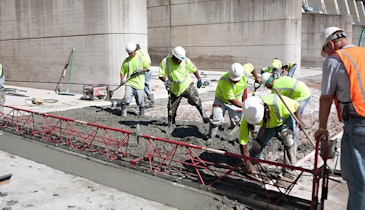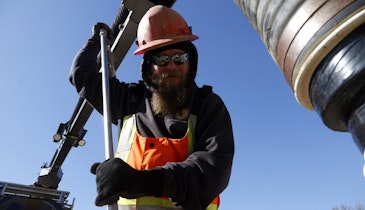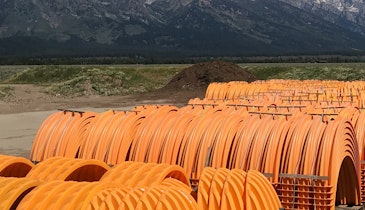Interested in Infrastructure?
Get Infrastructure articles, news and videos right in your inbox! Sign up now.
Infrastructure + Get AlertsKC Water Services in Kansas City, Missouri, has been battling water main breaks like any other utility this winter season, when the problem is exacerbated by cold temps meeting aging infrastructure.
But for KC Water, the situation has improved drastically compared to just a few years ago. In 2012, the utility dealt with a record 1,844 water main breaks. A couple of months ago, the utility closed out 2017 having experienced 745 breaks. And in the years in between the number steadily declined from that peak of 1,844.
The catalyst for that drop has been a program that uses the utility’s GIS data to try to identify the most at-risk water mains and then prioritize them accordingly for replacement. Data considered includes pipe material, age, and past break history.
“We are trying to replace 1 percent per year or 28 miles per year,” Matt Bond, KC Water chief engineering officer, says in a report by Kansas City TV station Fox 4. “I think we are truly getting those lines most at-risk that are buried underground.”
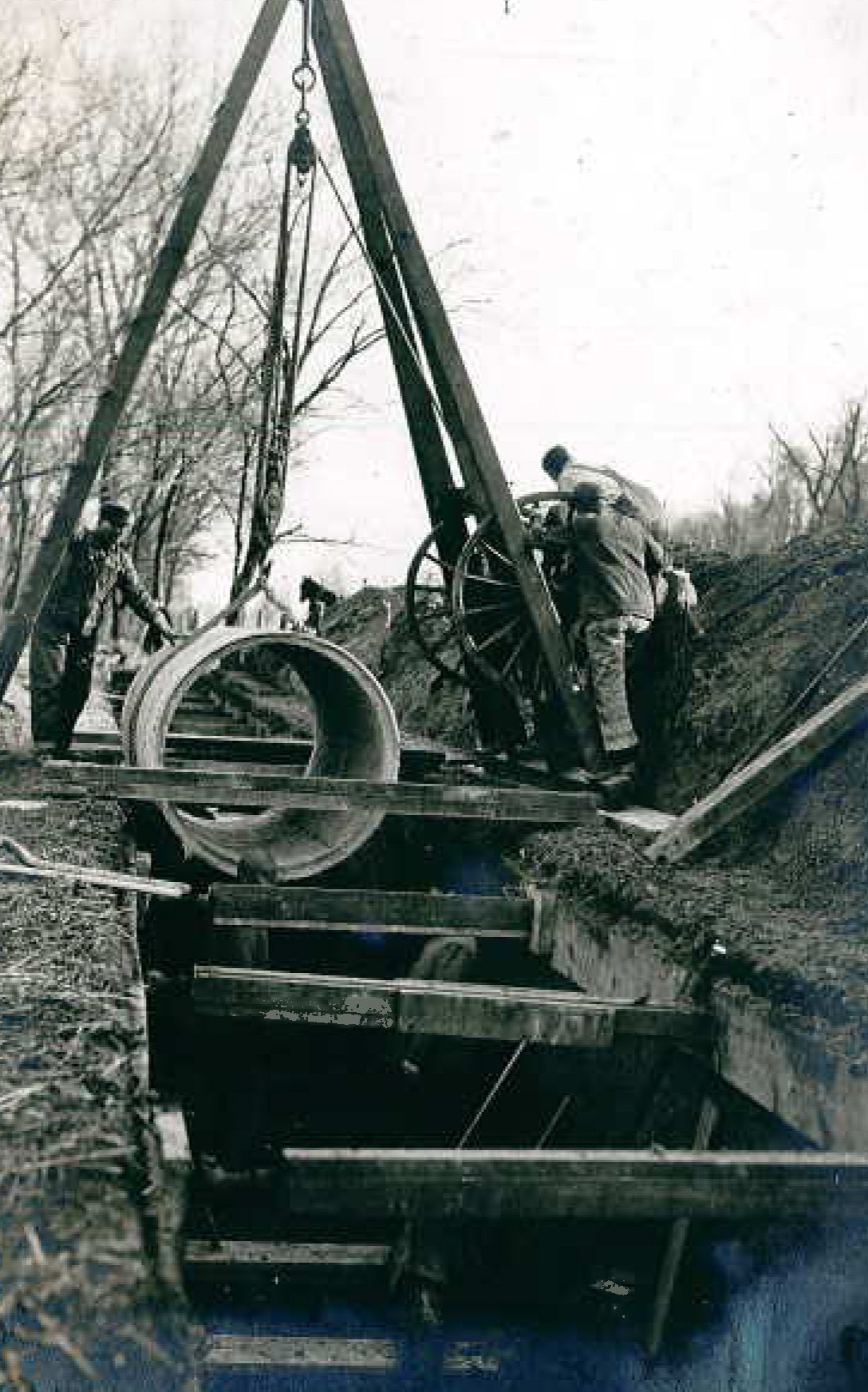
Crews install a 48-inch concrete pipe in Kansas City in 1916. About 600 miles of the city's 2,800-mile distribution system is more than 100 years old. (Photo by KC Water Services)
The utility oversees a total of 2,800 miles of water mains with about 600 miles more than a century old. Bond told Fox 4 that it’s about a three-year process to get from initial analysis to actual completion on a water main replacement project. That doesn’t include the emergency situations that arise, which are handled immediately.
Since 2012, KC Water has replaced about 140 miles of pipe.
Sources: Fox 4; Kansas City Star
